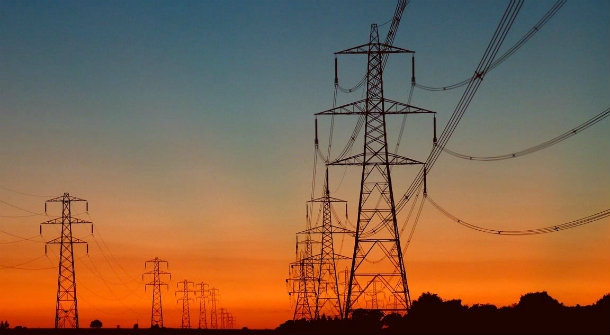
A new World Bank study outlines how Sub-Saharan Africa’s struggling power utilities can be financially viable and at the same time make electricity access affordable for the poor.
Currently, only one in three Africans has access to electricity and for those who do, power outages can be common as cash-strapped utilities struggle to maintain steady, reliable supply because of lack of investment in their aging infrastructure.
“We won’t be able to accelerate progress towards universal access without improving the performance of utilities in Sub-Saharan Africa. Making electricity connection and consumption more affordable while minimizing utilities’ financial losses is therefore a priority,” said Makhtar Diop, the World Bank’s Vice President for Africa.
The study, entitled “Making Power Affordable for Africa and Viable for Its Utilities,” looked at utility financial statements in 39 African countries, spending data in 22 household surveys, and power tariffs in another 39 countries. It suggests several ways of recovering the cost of supply and making electricity affordable, which include:
Improving operational efficiency. If utilities could reduce combined transmission, distribution, and bill collection losses to 10 percent of transmitted electricity, deficits could disappear in one-third of the countries.
Increasing tariffs in most cases. In the remaining two-thirds of the countries studied, the funding gap cannot be bridged solely by eliminating operational inefficiencies, and tariff increases are likely needed. Small and frequent tariff increases may find wider acceptance, as long as electricity access is reliable.
Installing individual metering. Balking at the high, upfront cost of connection, poor households tend to share one electricity meter. That often makes them ineligible for subsidized rates. Individual meters in poor households can help utilities target subsidies better.
Installing prepaid meters that would benefit both utilities and customers. For low-income households, the ability to pay in small increments helps align electricity payments with income flows, while utilities are guaranteed payments upfront.
Sharing connection costs. The first priority in increasing access to electricity is to make the initial connection affordable to the poor. One option is to share the costs across all electricity users, including large- and medium-size firms.
While connecting to the grid is a solution for all urban Africans and many rural ones, the study also acknowledges that rural electrification is essential. Mini and off-grid electricity, especially from sources like solar, offers increasing potential to electrify homes in many rural areas of Sub-Saharan Africa.
The study makes extensive data available, and enables countries to compare themselves against their peers on basic performance indicators. It is available online at www.worldbank.org/affordableviablepowerforafrica.
This study was supported by the Africa Renewable Energy and Access Program (AFREA), with funding from the World Bank’s Energy Sector Management Assistance Program (ESMAP).
Article originally appeared on the World Bank Blog










